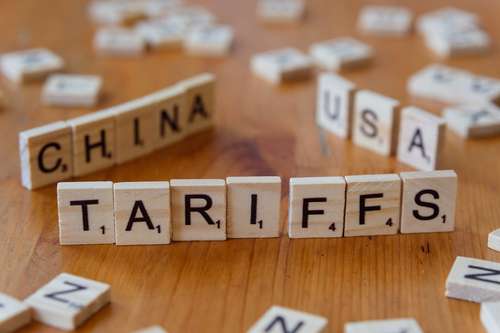Prince Harry honored the humanitarian legacy of the late Nelson Mandela at the United Nations in New York on Monday, with wife Duchess Meghan in the audience. Prince Harry spoke movingly of his passion for Africa and the death of his mother Princess Diana.
As the keynote speaker for Nelson Mandela International Day, Harry discussed Mandela's "ideal of a freer, more peaceful world" and emphasized the similarities between the South African leader and his mother, who was remembered after her passing in 1997 for her own humanitarian legacy.
"On my wall, and in my heart every day, is an image of my mother and Mandela meeting in Cape Town in 1997," the Duke of Sussex said, adding that the photo was presented to him and his wife by the late South African Archbishop Desmond Tutu when they met him during their tour of southern Africa in the fall of 2019.
"When I first looked at the photo, straight away what jumped out was the joy on my mother’s face," Harry said. "The playfulness, cheekiness, even. Pure delight to be in communion with another soul so committed to serving humanity."
Mandela was a man with "the weight of the world on his shoulders," Harry said, as he tried to heal South Africa from its racist apartheid past, which included unjustly imprisoning Mandela for 27 years.
"Yet, in that photo and so many others, he is still beaming," Harry said. "Still able to see the goodness in humanity. Still buoyant with a beautiful spirit that lifted everyone around him. Not because he was blind to the ugliness, the injustices, of the world – no, he saw them clearly; he had lived them – but because he knew we could overcome them."
After his mother's passing, Harry recalled that he first traveled to Africa when he was 13 years old. He "always found hope on the continent."

In fact, he remarked, "for the most of my life, it has been my lifeline, a place where I have time and time again found serenity and healing. It's where I felt the closest to my mother and looked for comfort after she passed away, and it's also where I realized my wife was my soul match.
Harry claimed that Mandela's optimistic writings served as another source of inspiration: Seven years into his prison term, he was unbroken by a system created to break him. Harry stated that he believes there are numerous issues the globe is facing, such as war, climate change, deadly pandemics, and even the erosion of constitutional rights in the United States.
How many of us feel battered and helpless in the face of the catastrophes and destruction that seem to come in waves? he questioned.

Harry concentrated primarily on the climate change challenge, which he claimed is having numerous unfair effects on Africa. He claimed that in order to "rescue humanity," world leaders must address the situation.
We can either follow Mandela's example or succumb to apathy and hopelessness, he warned. According to him, people all over Africa exemplify Mandela's spirit and values and are building on the advancement he made possible.
"We can find meaning and purpose in the struggle. We can wear our principles as armor. Heed the advice Mandela once gave his son, to 'never give up the battle even in the darkest hour.' And find hope where we have the courage to seek it."




